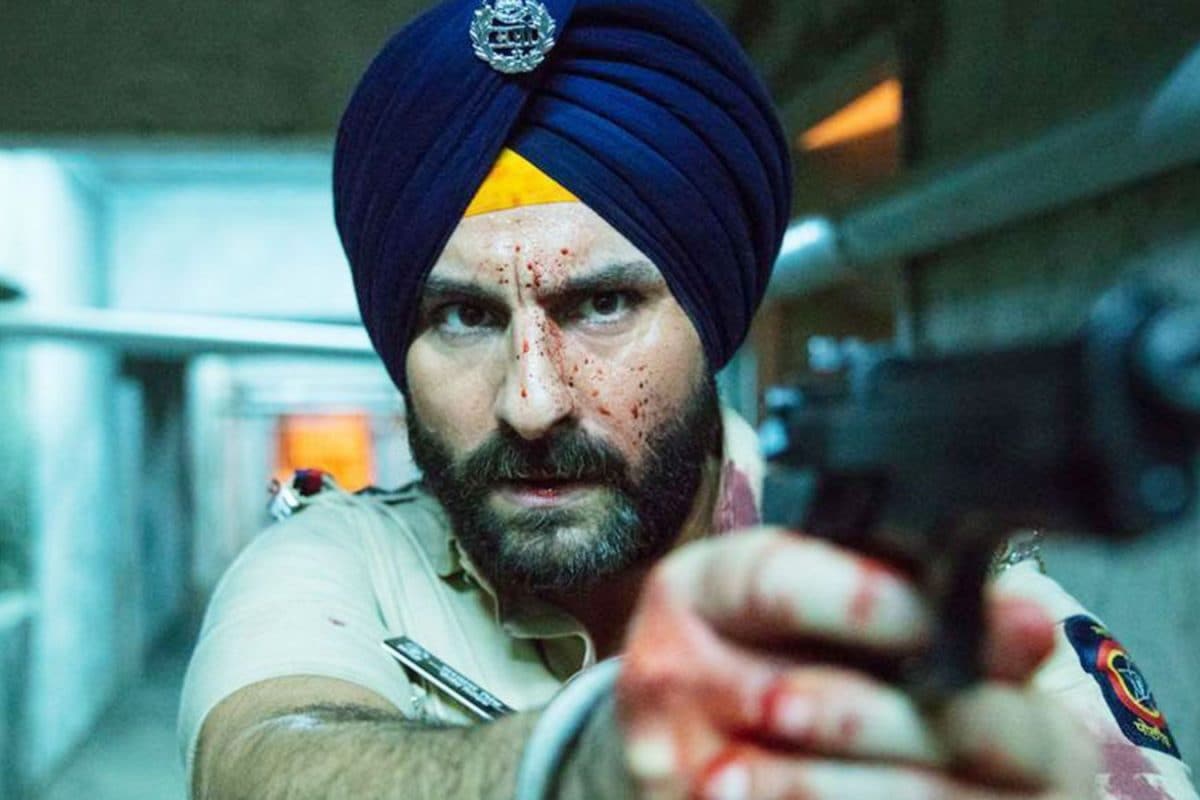

Netflix co-CEO Ted Sarandos recently reflected on the streaming giant's entry into the Indian market, sparking a debate about whether the initial strategy was the right one. Speaking on Nikhil Kamath's podcast, Sarandos admitted that launching "Sacred Games" as Netflix's first Indian original might not have been the ideal move.
"Sacred Games," based on Vikram Chandra's novel, is a crime thriller that follows a troubled Mumbai police officer, Sartaj Singh (played by Saif Ali Khan), who receives a cryptic message from gangster Ganesh Gaitonde (Nawazuddin Siddiqui), warning him to save the city. Developed by Vikramaditya Motwane and Anurag Kashyap, the series gained attention for its novel approach and movie-like feel, featuring prominent Bollywood stars.
Sarandos acknowledged the cultural gap, stating, "What's interesting about it is that it was very, very novel, but what I didn't understand was that we were introducing a brand new kind of entertainment in a country the size of India." This suggests that the show's unique style might not have resonated with a broader Indian audience unfamiliar with that type of content.
In hindsight, Sarandos questioned whether a more "populist" approach would have been better. "If I did it all over again, would I have done Sacred Games a couple of years later, and did things that were more populist instead? Maybe," he said. This indicates a potential shift in strategy, focusing on content with wider appeal to attract a larger subscriber base.
Despite the initial challenges, Sarandos remains optimistic about Netflix's future in India, emphasizing its growing addressable market. Netflix has invested significantly in Indian content and localized its marketing strategies, using local languages, cultural references, and festivals to connect with audiences. They have also experimented with different content formats, from fiction to unscripted reality, and acquired Indian films in various regional languages.
Netflix's initial foray into India with "Sacred Games" was a bold move that showcased the company's ambition to create high-quality, original content for a global audience. While the show was critically acclaimed and marked a significant milestone as India's first Netflix original, it may not have been the most effective way to capture the hearts of the masses. As Netflix continues to evolve its India strategy, it will be interesting to see how they balance their commitment to unique storytelling with the need to appeal to a broader audience. The platform's continued investment in diverse content, combined with its focus on localization, suggests a promising future in the Indian market.